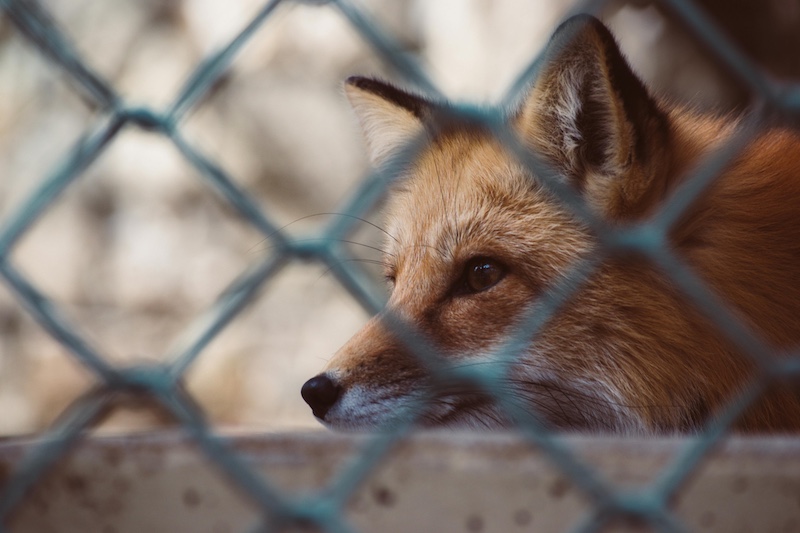“What injures the hive injures the bee.”
– Marcus Aurelius
The Stoics taught that we’re all connected — not just humans, but all life.
Yet somewhere along the way, we built fences between species.
Literal and moral ones.
We created stories that said:
They don’t feel like we do.
They don’t matter like we do.
Their suffering is different — or worse — acceptable.
But suffering doesn’t come with a species label.
Pain doesn’t need a philosophy degree to count.
The Stoic Case for Compassion
Let’s be clear: Stoicism isn’t about being emotionless — it’s about not being ruled by emotion.
That includes anger, fear… and apathy.
What the Stoics did value deeply was justice — giving each being their due.
Not just in law, but in daily action.
If we can avoid harming others, why wouldn’t we?
If we can live without contributing to unnecessary suffering, why not choose that path?
You don’t need to be an activist.
You don’t need to be perfect.
But you do need to be honest with yourself.
Suffering Isn’t an Abstraction
Animals don’t die humanely when they don’t want to die.
They don’t suffer less because it happens behind closed doors.
And we don’t become more moral by pretending it doesn’t exist.
If a Stoic saw a man beating a dog in the street, they wouldn’t say, “It’s not my business.”
They’d act.
They’d step in.
Because indifference is not virtue — it’s complicity.
Ours and Theirs
Here’s the truth:
when we desensitise ourselves to their suffering, we erode our response to our own.
- We become more cynical.
- More numb.
- More prone to justify harm when it benefits us.
And what kind of legacy is that?
A Simple Rule
There’s a Stoic exercise where you ask yourself, at the end of each day:
“What did I do that was unjust? What could I have done better?”
If you’re honest, the answer will show up on your plate, in your fridge, and in your silence.
You can’t change the past.
But you can stop funding suffering with your wallet and your habits.
We all suffer.
But some of us have the power to reduce it.
Let that power be a privilege — not a weapon.
Choose justice.
Choose compassion.
Choose to live like suffering matters — no matter who feels it.
Photo by Brett Sayles
